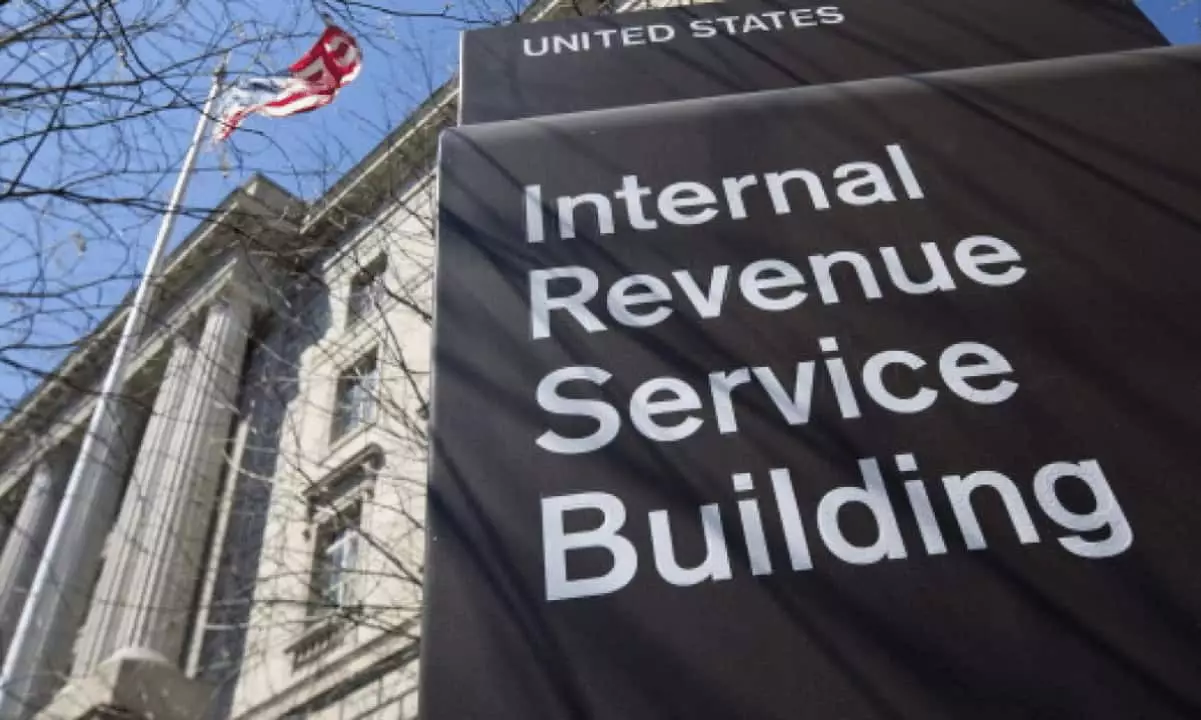Tax evasion has become a significant area of focus in cryptocurrency investigations, according to a report from the Internal Revenue Service (IRS) criminal investigations division. In the previous fiscal year alone, more than half of all probes conducted were related to tax matters. This represents a shift from three years ago when money laundering dominated the investigations. The IRS is intensifying its efforts to combat cryptocurrency tax fraud and has identified over $37 billion in transactions associated with financial and tax crimes.
In the 2023 fiscal year, the IRS’s Criminal Investigation Unit initiated at least 2,676 cases related to digital asset reporting. These investigations primarily targeted undisclosed holdings of cryptocurrencies, unreported capital gains, income from mining activities, and the concealment of cryptocurrency holdings. Jim Lee, the head of the Crime Investigation Unit at the IRS, acknowledges that the growing adoption of digital assets has led to a rise in tax-related investigations. The trend is expected to continue as taxpayers purposefully conceal ownership of cryptocurrencies to avoid payment obligations.
The IRS began addressing crypto markets in 2015, launching investigations into crypto-related crimes. Since then, it has successfully seized over $10 billion in crypto assets. In 2019, the IRS introduced a new mandate requiring U.S. taxpayers to report all digital asset transactions to mitigate tax evasion. The agency is now formulating new regulations specifically targeting brokers and intermediaries involved in the crypto business. To ensure effective regulations, the IRS is actively seeking input from various stakeholders until January 25, 2024.
The growing focus on tax evasion in crypto investigations highlights the urgent need to address this issue. With the increasing popularity of cryptocurrencies, individuals and businesses are finding ways to exploit the system to evade taxes. Transparent and effective regulations are crucial to combat tax fraud and ensure the proper reporting of digital asset transactions.
The intensified efforts by the IRS to combat cryptocurrency tax fraud can have significant implications for taxpayers. Those who deliberately conceal ownership of cryptocurrencies may face severe consequences if caught. It is crucial for taxpayers to be aware of their obligations and report all digital asset transactions accurately. Failure to do so may result in penalties or even criminal charges.
Recognizing the importance of intermediaries in the crypto ecosystem, the IRS is specifically targeting brokers and intermediaries in its new regulations. By requiring these entities to maintain knowledge of their customers and retain thorough transaction records, the agency aims to increase transparency and facilitate more effective tax enforcement.
A Collaborative Effort
Addressing tax evasion in cryptocurrency requires a collaborative effort between regulators, law enforcement agencies, taxpayers, and industry stakeholders. It is essential for all parties to actively participate in shaping regulations and reporting requirements that strike a balance between compliance and innovation. Adapting to the evolving landscape of digital assets is crucial to prevent tax fraud and ensure a fair and transparent tax system.
As tax-related issues continue to dominate crypto investigations, the IRS’s goal of combating tax evasion remains at the forefront. With stakeholders actively contributing to the framework, there is a potential to create a robust and comprehensive regulatory environment that promotes compliance and deters tax fraud in the cryptocurrency industry.














